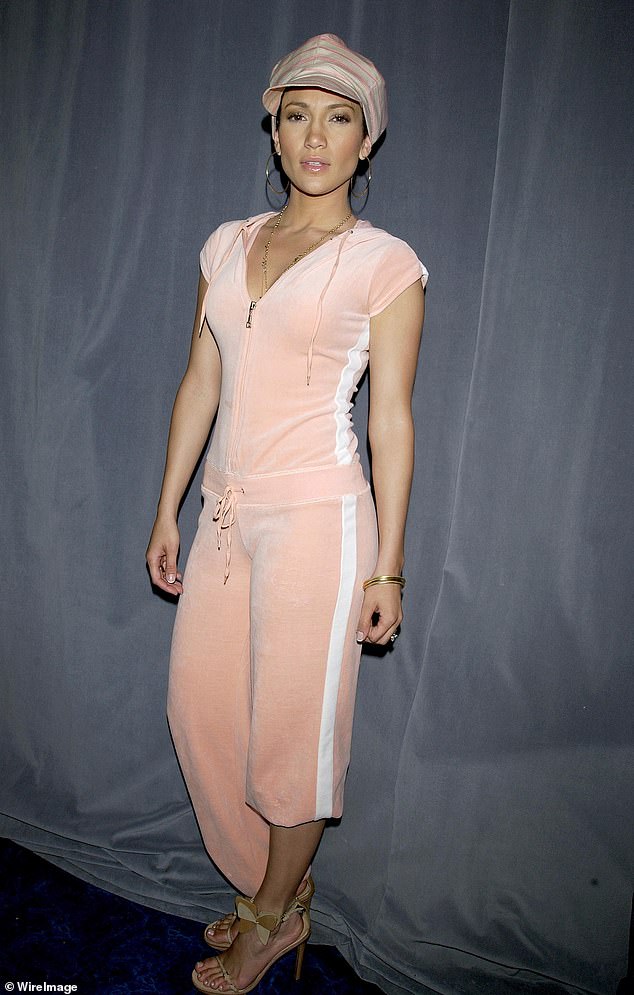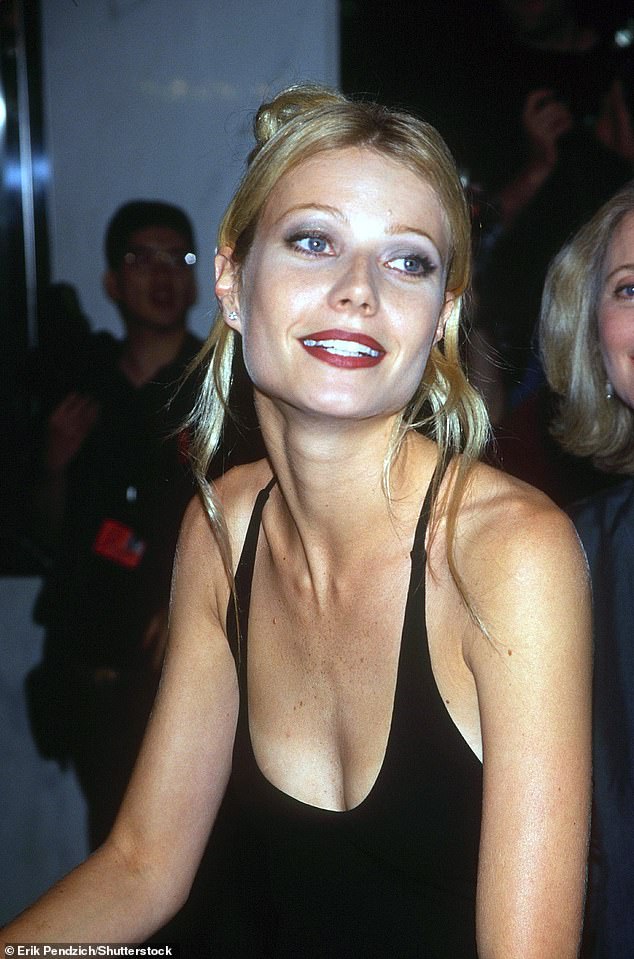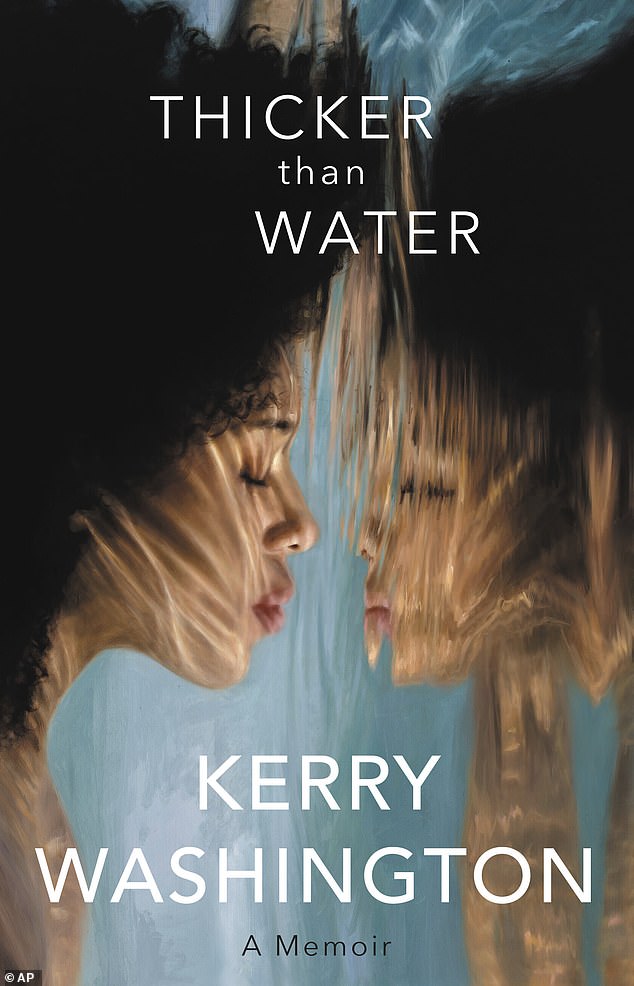Kerry Washington talks struggling with an eating disorder as a teen and how a focus on ‘thinness’ kept her from wanting curves like Jennifer Lopez
Kerry Washington opened up about her body image issues during her book tour in Los Angeles on Sunday.
The 46-year-old actress revealed she struggled with an eating disorder at a younger age and compared her body to stars like Jennifer Lopez and Gwyneth Paltrow.
Speaking to Gabrielle Union, the Scandal star — who was last seen catching up with Tyler Perry during her book tour stop in Atlanta on Saturday — touched on topics in her bombshell memoir titled Thicker Than Water.
During their conversation, Union brought up the common misconception that “black women and girls don’t suffer from eating disorders or body dysmorphia.”
In response, Washington emphasized the importance of having that conversation for young Black girls growing up in this society.
Candid discussion: Kerry Washington opened up about her body image issues during her book tour in Los Angeles on Sunday. The 46-year-old actress revealed that she struggled with an eating disorder at a younger age
“I think this idea of having to improve myself, to be better, to be more perfect, those seeds were planted very early on,” she said of herself.
In an article to be published by People this Monday she revealed that in her memoir she is candid about these kinds of vulnerable topics and deep conversations, despite being “a very private person.”
In Thicker Than Water she discusses her childhood panic attacks, having an abortion and her experiences with an eating disorder.
During her book tour stop, she also told Union that she grew up in New York City and attended a private school on the Upper East Side.
She said she often compared herself to “very affluent white women” and that her environment played a role in her developing an eating disorder.
“These are stereotypes, but the way their mothers and the women in the world looked was so different from the women I grew up with,” she said.
“All the messages I was getting from Hollywood and from this environment were that thinner is better,” she continued. “And that success looked like thinness.”
She also revealed that she is from the same neighborhood in the Bronx that JLo was from, but that she had a different view on beauty standards in the ’90s.

Societal pressure: During her book tour, she told Gabrielle Union that she grew up in New York City and went to a private school on the Upper East Side. She said she often compared herself to “very affluent white women” and that her environment played a role in her developing an eating disorder

The body type she admires today: She also revealed that she’s from the same Bronx neighborhood that Jennifer Lopez came from, but she had a different view on beauty standards in the ’90s. She said she didn’t admire Lopez’s curves as much at the time as she does now, due to the influence of where she went to school.

The body type she admired at the time: “I spent nine hours a day at Spence (School, an all-girls private academy) – where Gwyneth Paltrow went,” she added. “I’m not shaming Gwyneth Paltrow, but…I was told in one area that it was the direction I should take,” she said of how the Iron Man actress’ body type was desirable.

Opening: In Thicker Than Water she discusses her childhood panic attacks, having an abortion and her experiences with an eating disorder
She said she didn’t admire Lopez’s curves as much at the time as she does now, due to the influence of where she went to school.
“Jennifer’s ass was celebrated everywhere,” Washington recalled. ‘But that wasn’t what I interpreted as beautiful.
“I spent nine hours a day at Spence (School, a private all-girls academy) – where Gwyneth Paltrow went,” she added.
“I’m not ashamed of Gwyneth Paltrow, but… there was one area that I was told was the direction I should take,” she said of how desirable the Iron Man actress’ body type was.
“I think sometimes we don’t talk about it as much as we should,” she continued. “Part of the reason I think it’s important to talk about it is because disordered eating doesn’t belong to one community. That pain does not belong to one community.
“In my community, there wasn’t much experience with eating disorders,” she added. ‘I think it is important that we have the courage to recognize when things are not going well.’
